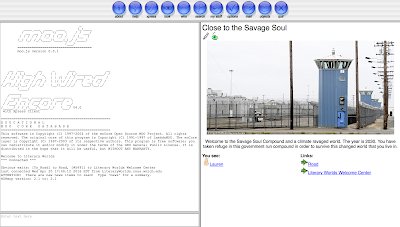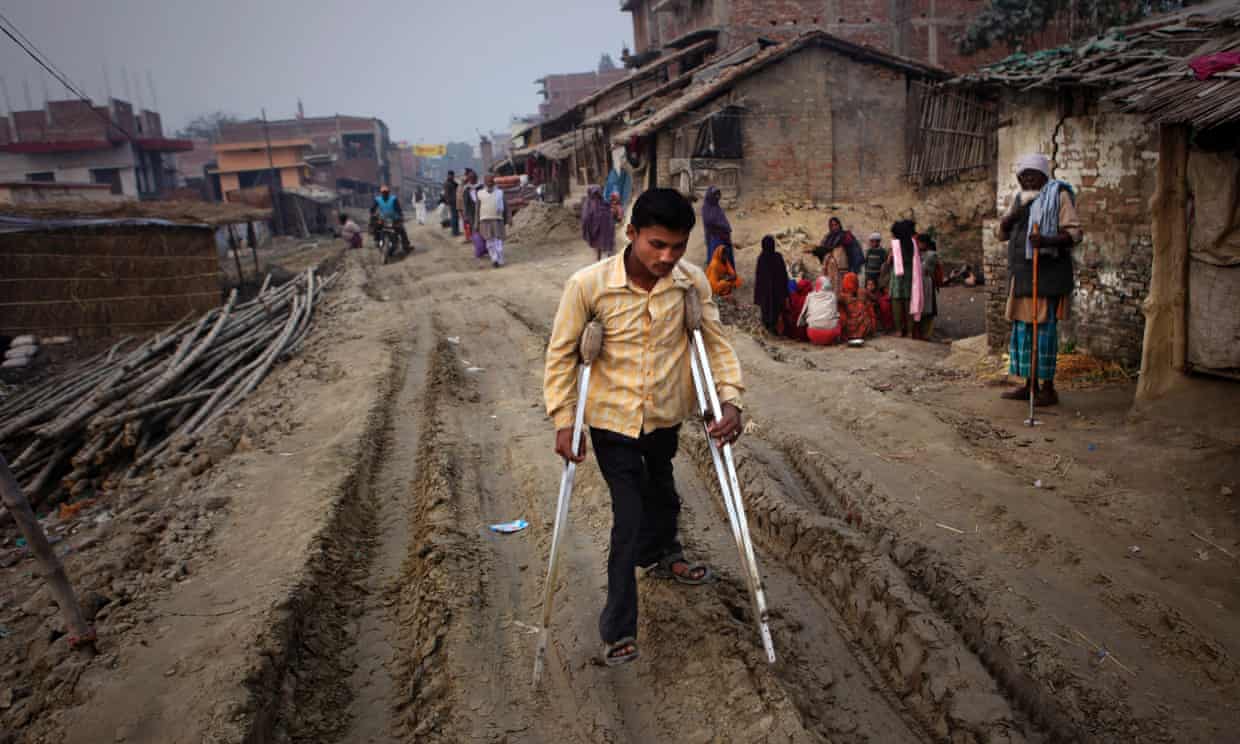 For my climate change video games unit, I created a sort of virtual world on a website called Literary Worlds. I would not necessarily consider it a virtual world, rather it it more of an online semi-interactive storybook. Let me start out this post by saying that this is no small project. I worked on this for the "Climate Change Video Games" and "Climate Change and Writing" unit and I am still not finished with it. It is most definitely an on-going project.
For my climate change video games unit, I created a sort of virtual world on a website called Literary Worlds. I would not necessarily consider it a virtual world, rather it it more of an online semi-interactive storybook. Let me start out this post by saying that this is no small project. I worked on this for the "Climate Change Video Games" and "Climate Change and Writing" unit and I am still not finished with it. It is most definitely an on-going project.To begin with, I found inspiration in a powerful short story that we read in class called "How Close to the Savage Soul" by John Atcheson. I based the main part of the online story on the premise of the short story. A man and his grandson travel to the Outer Banks of North Carolina in the year 2050. The world has been ravaged by climate change and nothing is the same. While on the Outer Banks, the man reminisces the old days, when they didn't know. When they didn't know the impact that they were having on the climate and how quickly it would happen.
As the story continues, a theme becomes apparent. "Pay attention to the warning signs". These
warning signs are all over. The acidifying ocean. The smaller crop yields. Everything is affected by climate change. In the world that we live in now, we do not get second chances. There is no going back and fixing climate change. We can only learn to live with what we have done and work to not cause anymore damage. This story is different as gives you a second chance, one that we will not get in this world.
I can see this program being used along side of the story as supplemental material. It is one thing to read something, however it is another thing to actually experience. Many students will never get to see the world outside of the area that they live, and so it can be hard for them to imagine what it looks like, and the impact that they can have on something that they cannot directly see. While I do not believe this program is something that students have the time or energy to create a world in, I can see them spending 15 or so minutes at the beginning of each class period diving deeper and deeper into this literary world.
 Overall, I have enjoyed this project/video game/writing/whatever you want to call it. I have not been able to put the time and effort into it that I would like, but as I mentioned before, this is a project that I can continue to improve as new idea and inspiration comes to me. I look forward to being able to grow my world and create more possible and very real impacts of climate change that we may face in the very near future. I do feel that this program is a little outdated and definitely not very user friendly. I like to consider myself a pretty tech savvy person, and without the introduction to this website that my professor gave me, I do not believe that I would have been able to figure out how to operate it.
Overall, I have enjoyed this project/video game/writing/whatever you want to call it. I have not been able to put the time and effort into it that I would like, but as I mentioned before, this is a project that I can continue to improve as new idea and inspiration comes to me. I look forward to being able to grow my world and create more possible and very real impacts of climate change that we may face in the very near future. I do feel that this program is a little outdated and definitely not very user friendly. I like to consider myself a pretty tech savvy person, and without the introduction to this website that my professor gave me, I do not believe that I would have been able to figure out how to operate it.


